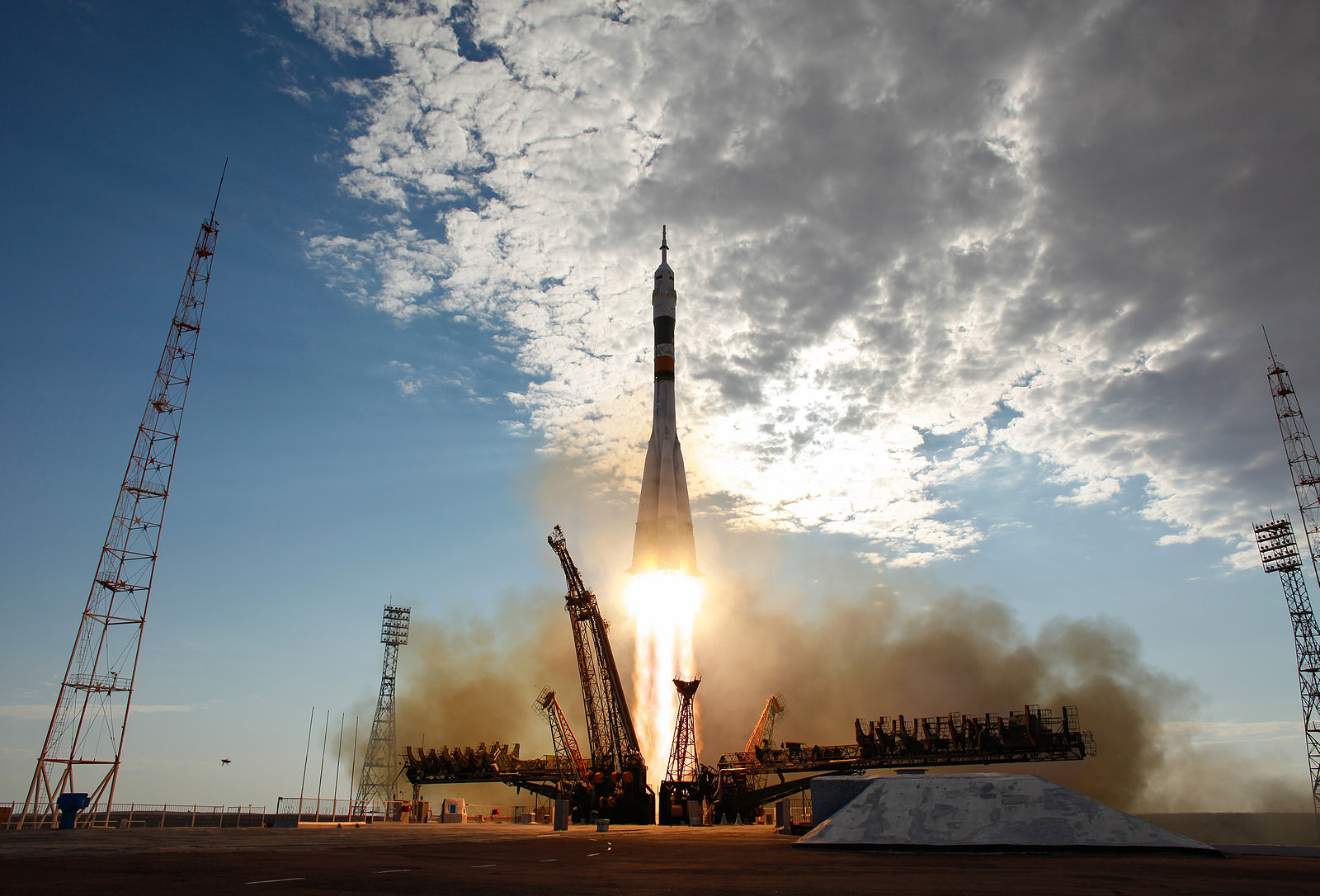Trending
Opinion: How will Project 2025 impact game developers?
The Heritage Foundation's manifesto for the possible next administration could do great harm to many, including large portions of the game development community.
Time is our most precious resource - every human has a finite amount and no way to create more; every minute spent building a game is an investment...we need to celebrate the bravery required to commit to a new endeavor and move our art forward, together.

I'm Kee-Won Hong, the founder of Iterative Games, and I'm working on my first title Contract Work. If you enjoyed this article, consider following me on Twitter.
This article contains light spoilers about Interstellar - I enjoyed the movie but this is not a review; it does contain a lot of my unqualified opinions.
Interstellar begins on a dying earth, where the remaining humans struggle to farm enough food to keep themselves alive. There is a moment when Matthew McConaugheys character Cooper states - “It’s like we’ve forgotten who we are...explorers, pioneers, not caretakers ...we’re not meant to save the world. We’re meant to leave it." It's a frightening, idealistic and inspiring moment; it reminded me why I chose to make indie games.

Indie gaming has always been treacherous ground. To make an indie game is to embrace the unknown, the chaos of independent software development and business. There is no easy money, no established IP to fall back on, no machine to cover up the failures of development. Each delay can be unbelievably costly; finding your own path can be overwhelmingly lonely. For the vast majority the financial rewards are nearly nonexistent. I stood in front of a panel at the 2012 PAX convention and just asked "Is it worth it?".
It is a difficult question to answer. Beyond the simple opportunity cost of not taking a steady income with a large company, there is the issue of time. In Interstellar, time becomes a valuable resource; we need to consider it the same way. Time is arguably our most precious resource, as every human being is given a finite amount and no way to create more. Every minute an indie developer spends building their game is an investment of this limited commodity. And when a game fails, the cost is not just in money, but in hours spent and never returned.

My personal answer follows that ideal from Cooper - that we were meant to explore, not to just preserve. Right now, at this very moment, it has never been easier or faster to build your own game; never been easier to push the boundaries and limits of what a game is, what it can do, who it can touch and the message it can deliver. We are in uncharted territory, and there is nothing more exciting than being the first to explore it. In a different conversation, Cooper remarks how some of the best solo yacht captains in the world don't know how to swim - pushing the limits with no safety net. I've never been solo yachting before, but I remember feeling great excitement and crushing fear when I ran my Kickstarter campaign; the inherent stakes make indie development both exhilarating and terrifying.
We should not be so idealistic that we forget the risks involved. Many of us will fail. Most of our ideas will falter. In Interstellar, there is a mission that sends a group of the bravest astronauts on one way trips, only to report back data on their destinations with no hope of returning home. And we as indie developers spend much of our precious time on one way trips, endeavors that we will see no return on besides the learning we gain from them. We need to celebrate the bravery required by everyone who commits to a new endeavor, because the data we gain from every success and failure is purchased by our most precious resource, time. We learn what is feasible, what is difficult and together we move our art forward.

Indie gaming has never been easy or safe. We will struggle, we will make mistakes, we will fail. We will waste our effort, our money and most importantly, our time. But we have an opportunity right now unlike any other in the history of our medium. Gaming is changing - this old world is dying, and we must adapt. I make indie games because there are no signposts, no trails, and no fences here - we are free to be explorers and pioneers, to be the first humans to discover a new galaxy of ideas.
This article was originally posted on the Iterative Games blog.
Read more about:
BlogsYou May Also Like